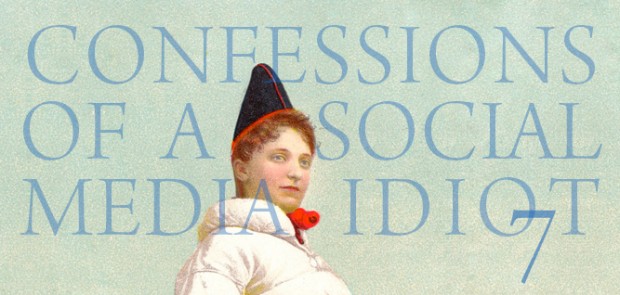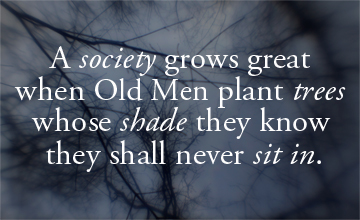Will I be content sharing if nothing comes back?

LATELY I’VE BEEN WRITING a lot about content sharing, the idea of offering to others the expertise or knowledge or tricks-of-the-trade that you have to give, both as a gesture of generosity and as a business strategy. First I wrote about how some creatives think it’s undermining content creators (here). Then, more recently, about how I consider their attitude to be a form of siege mentality (here).
Now I’m writing about reciprocity, and our expectation that when we do give, or in some other way help others, that it, or they, will come back to us, as one Rabbi put it, in “a good measure, pressed down, shaken together and running over.”
Jesus made me do it
So I’m back to the question of how this giving-away thing works. Of course, it’s not a new idea. It’s certainly not some hare-brained idea invented by a bunch of marketing types over beers.
Most of us are familiar with a Christian teaching, one that, while many Christians cite it as a religious principle, was actually offered in a social context. It was proscriptive of our relationships with each other that Christ spoke the words, “Give, and it will be given to you.”
 And just so you won’t think he was only being charitable, you need only look to another of his illustrations, one often swept under the rug or misrepresented, to see how old this idea is, of giving to get.
And just so you won’t think he was only being charitable, you need only look to another of his illustrations, one often swept under the rug or misrepresented, to see how old this idea is, of giving to get.
What has traditionally been called the Parable of the Unjust Steward is the story of a management guy who was about to be fired for causes that are apparently beside the point. (I’m guessing Jesus knew it’d really screw with peoples’ heads to use a crook in order to illustrate a higher principle.)
Anyhow, to avoid destitution, the unjust steward goes to every individual indebted to his boss and authorizes each of them to cook the books and knock 20 to 50 percent off what they owed. He managed to collect on a lot of old paper, even if in some cases only fifty cents on the dollar, so to speak.
In doing this, as the parable goes, he both fabricated a shekel parachute, making friends and influencing people to avoid ending up on the street, and also caused his employer to reconsider his own original assessment of his manager– in so many words, his boss said, You’re one shrewd dude.
And believe it or not, Christ called his actions exemplary as well. He said one point of the story was that we should use our resources to build relationships. In this life. Yep. He said that.
The gift that keeps on disappointing
But like most truths, this idea of “planned giving,” as financial advisors might call it, doesn’t make for easy, convenient generalization.
Brian Solis, digital analyst and author of the bestselling book, The End of Business as Usual, recently interviewed Hooman Khalili, director of the movie Olive, and discussed reciprocity.
Film making is among the most collaborative of arts, not just in the creative sense, but also in terms of raising money and the calling in of favors. Khalili described how many he’d helped in the past were unable or unwilling to help him in return.
Writing about the interview and Khalili’s realistic observation, “don’t expect anything in return,” Solis wrote:
It’s that last piece of advice that reminds me of the power of reciprocity. For Hooman, this is a personal experience and part of the challenge he’s learning to accept. Not everyone thinks this way though. Give and you shall receive. Do so to expect something in return and you shall realize distance between you and the communities you value. He also cautions us to “not be a sucker either. People will try to take advantage of your connections to propel themselves ahead of you. Help because you want to. But don’t forget the role you play in where you are and where you’re going.
Maybe, in the end, the most important outcome of even this type of sharing–in the context of business–seems to be what happens to and for us personally. It requires a certain kind of letting go in which you may very well receive something in return (unless, of course you expect to). It’s like when I feel a sneeze coming on: I know that thinking about it and getting ready for it will only lead to frustration and disappointment.
 Perhaps content sharing is a sign we’re advancing as a culture to a higher plane where giving is just a way of life. Like the Greek proverb, “A society grows great when Old Men plant trees whose shade they know they shall never sit in.”
Perhaps content sharing is a sign we’re advancing as a culture to a higher plane where giving is just a way of life. Like the Greek proverb, “A society grows great when Old Men plant trees whose shade they know they shall never sit in.”